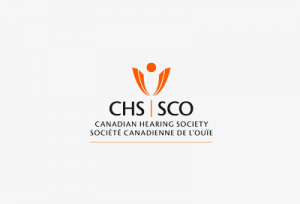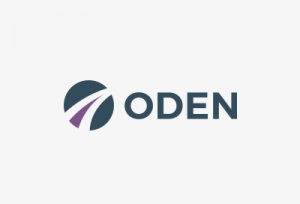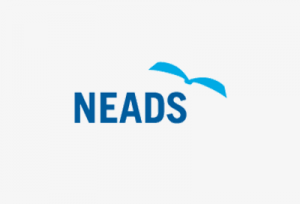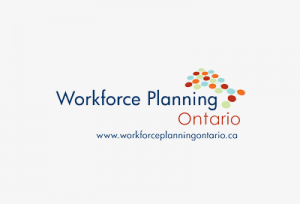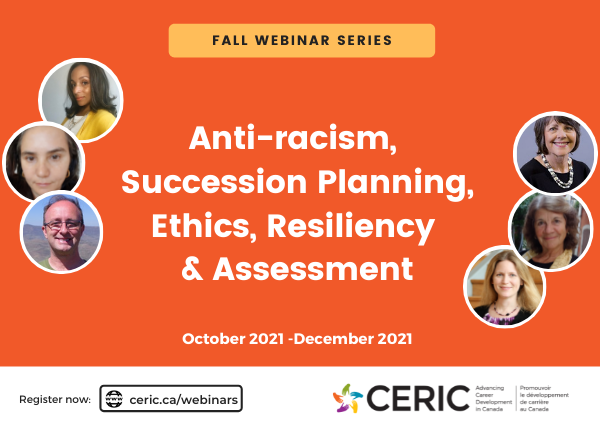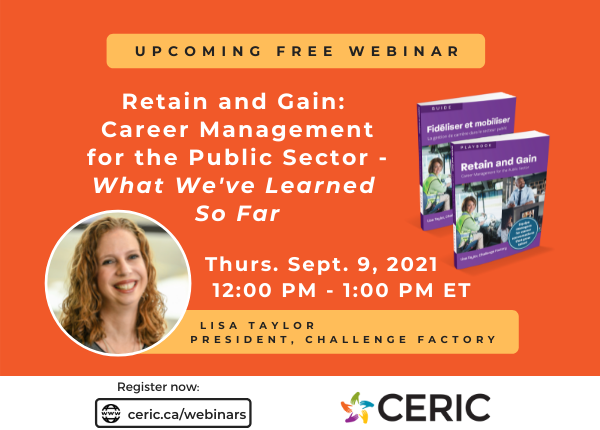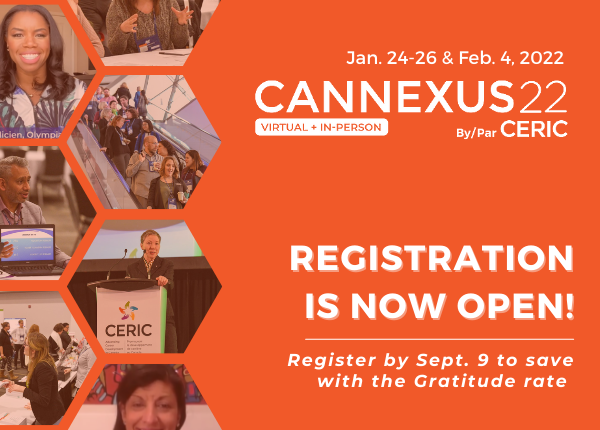In her book Pathways for Remembering and Recognizing Indigenous Thought in Education: Philosophies of Iethi’nihsténha Ohwentsia’kékha (Land), Sandra Styres explains that the purpose of stories is to make sense of “one’s place in the past in order to be in the present” (Styres 2017, 50). This use of stories, or storying (Styres, 2011), for people to understand themselves, their relationships and their connections to others, places and concepts is a philosophical perspective that can support career development work.
Storying is more than the person’s self-making (Savickas, 2012), it includes the context the person brings to each experience through responsibility and relationship “to family, community, nations, and the environment” (Firman, 2005, 226-227). Or, as Styres puts it, “storying refers to how we describe in story our experiences through personal, community, national, and global narratives” (Styres, 2008 as cited in Styres, 2011, 718).
When we tell our story (Offet-Gartner, 2011) we learn from our telling. We tell our stories in circles (Little Bear, 2012), where each time we tell the same story we add “depth and dimension” (Styres, 2017, 186) to it. As we tell our stories we are actively building our connections to not only our physical, intellectual, spiritual, and emotional selves, but our connections to our family and communities (Pidgeon, 2014) and all the holistic individuals within those groups, each with their own physical, intellectual, spiritual and emotional selves. This, then, is the impact of storying: the construction of the holistic self.
Styres concept of storying is “circular, iterative, and relational” (Styres 2017, 38). When it applies to career development, storying requires three parts: story, circularity and awareness of relationships. Story, or narrative, is a core aspect of modern career development practice (McIlveen & Patton, 2007) and Peavy has identified how we link our experiences together through stories and create “an evolving biographical narrative under continuous revision” (Peavy, 1995, 1-2). For Anishinaabek (Peltier, 2018) and Niitsitapi (Marule, 2012) peoples as well as many other Indigenous peoples, the story is not just a narrative but is derived from observation and critical reflection.
Circularity, or iterativeness, is embraced by Western career development professionals who focus on experiential learning (Kolb & Kolb, 2009, Jarvis, 2006). It is a concept that is especially important for career development because we learn from the telling, and learn again from the retelling later (Styres, Haig-Brown, & Blimkie, 2013); with every revisit to the story the person brings their prior experiences to bear (Styres, 2017) on the retelling. This circularity (Akan, 1999) enables a great deal of reflection and personal growth.
The awareness of relationships is an aspect which is not centred as much as it should be in career development. Krumbotlz (2009) and others touch on the importance of relationships to clients, but it is rarely with the complexity and centrality of relationships that is seen in the Indigenous paradigm (Kovach, 2020, Peltier, 2018, Held, 2019). From Saulteaux (Akan, 1999), to Oneida (Antone, 2003), Okanagan (Cohen, 2001), Mi’kmaq (Pidgeon, 2014) and Mohawk (Styres, 2017), the “self-in-relationship” (Styres, 2017, 56) concept is central to the understanding of humans for Indigenous peoples in what is now Canada. From this perspective the relationship is not simply of a familial or romantic nature, but a relationship with the land, nature, our family, community and nation, and those who came before and those who will follow (Chartrand, 2012, p. 148).
The exploration of storying as a career development method, and the Indigenous philosophical paradigm, may open future directions for career development and counselling research and practice.
Noah Arney is a Master of Education student in Educational Research at the University of Calgary. He is a Certified Career Development Professional with over 10 years of experience in student affairs. He is a Career Services Co-ordinator with Thompson Rivers University. His research focuses on Indigenous students’ perception of work-integrated learning.
References
Akan, L. (1999). Pimosatamowin Sikaw Kakeequaywin: Walking and talking. Canadian Journal of Native Education, 23(1), 16–39.
Antone, E. (2003). Culturally Framing Aboriginal Literacy and Learning. Canadian Journal of Native Education, 27(1), 7–15.
Bear, L. L. (2012). Traditional knowledge and humanities: A perspective by a blackfoot. Journal of Chinese Philosophy, 39(4), 518–527. https://doi.org/10.1111/j.1540-6253.2012.01742.x
Chartrand, R. (2012). Anishinaabe Pedagogy. Canadian Journal of Native Education, 35(1), 144.
Cohen, B. (2001). The Spider’s Web: Creativity and survival in dynamic balance. Canadian Journal of Native Education, 25(2), 140–148. Firman, B. (2005). Renewing Aboriginal Education through Relationship and Community (Issue July). UBC.
Held, M. B. E. (2019). Decolonizing Research Paradigms in the Context of Settler Colonialism: An Unsettling, Mutual, and Collaborative Effort. International Journal of Qualitative Methods, 18, 1–16. https://doi.org/10.1177/1609406918821574
Jarvis, P. (2006). Towards a comprehensive theory of human learning. London: Routledge.
Kolb, A. Y., & Kolb, D. A. (2009). The learning way: Meta-cognitive aspects of experiential learning. Simulation and Gaming, 40(3), 297–327. https://doi.org/10.1177/1046878108325713
Kovach, M. (2020). Conversation Method in Indigenous Research. First Peoples Child & Family Review, 5(1), 39–48. https://doi.org/https://doi.org/10.7202/1069060ar
Krumboltz, J. D. (2009). The happenstance learning theory. Journal of Career Assessment, 17(2), 135–154. https://doi.org/10.1177/1069072708328861
Marule, T. R. (2012). Niitsitapi Relational and Experiential Theories in Education. Canadian Journal of Native Education, 35(1), 131.
McIlveen, P., & Patton, W. (2007). Narrative career counselling: Theory and exemplars of practice. Australian Psychologist, 42(3). https://doi.org/10.1080/00050060701405592
Offet-Gartner, K. (2011). Rewriting HerStory: Aboriginal women reclaim education as a tool for personal and community, health and well-being. Procedia – Social and Behavioral Sciences, 30, 1499–1506. https://doi.org/10.1016/j.sbspro.2011.10.290
Peltier, C. (2018). An Application of Two-Eyed Seeing: Indigenous Research Methods With Participatory Action Research. International Journal of Qualitative Methods, 17(1), 1–12. https://doi.org/10.1177/1609406918812346
Pidgeon, M. (2014). Moving Beyond Good Intentions: Indigenizing higher education in British Columbia universities through institutional responsibility and accountability. Journal of American Indian Education, 53(2), 7–28.
Peavy, R. V. (1995). Constructivist career counseling. ERIC Digest. ERIC Clearinghouse on Counseling and Student Services Greensboro NC., Canadian Guidance and Counselling Foundation Ottawa (Ontario)., 1–6.
Savickas, M. (2012). Life design: A paradigm for career intervention in the 21st century. Journal of Counseling and Development, 90(1), 13–19. https://doi.org/10.1111/j.1556- 6676.2012.00002.x
Styres, S. D. (2017). Pathways for Remembering and Recognizing Indigenous Thought in Education: Philosophies of Iethi’nihsténha Ohwentsia’kékha (land). University of Toronto Press.
Styres, S. D. (2011). Land as first teacher: A philosophical journeying. Reflective Practice, 12(6), 717–731. https://doi.org/10.1080/14623943.2011.601083
Styres, S. D., Haig-Brown, C., & Blimkie, M. (2013). Towards a pedagogy of land: The urban context. Canadian Journal of Education, 36(2), 34.

